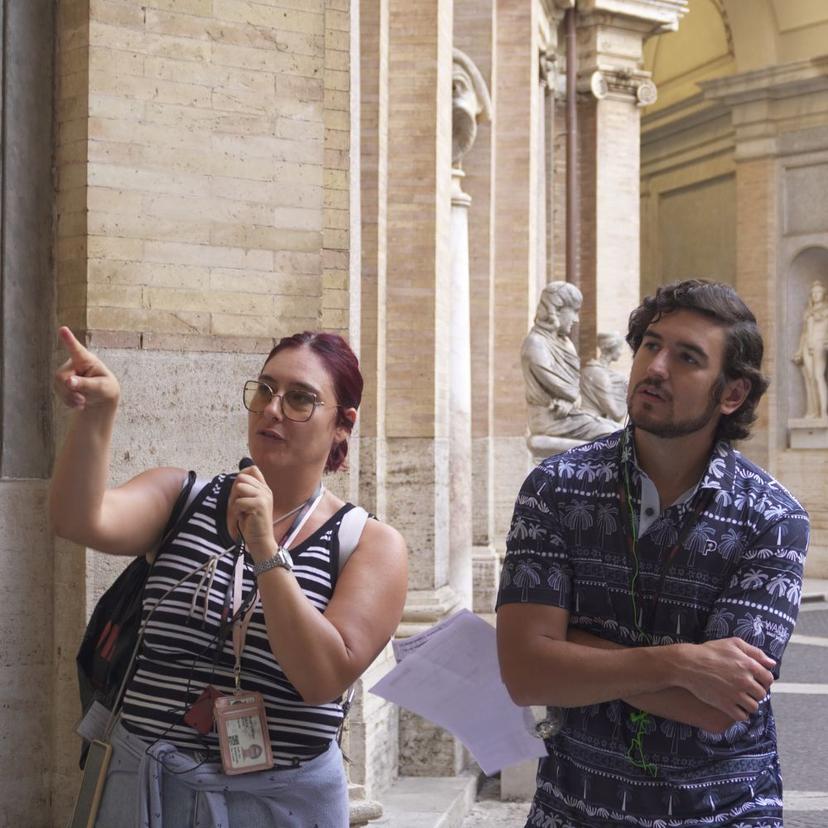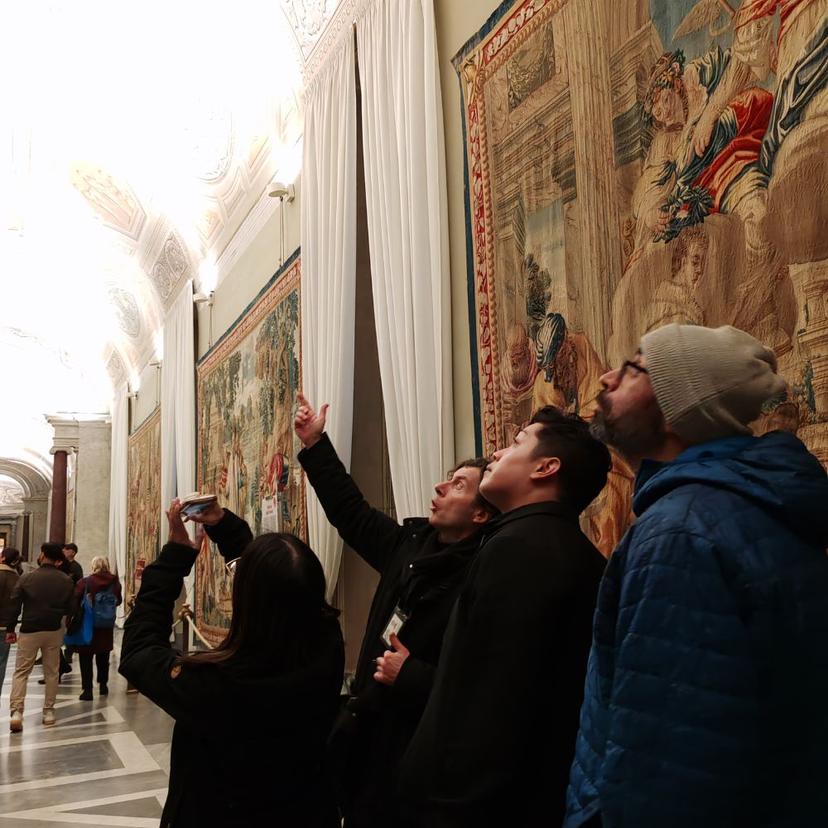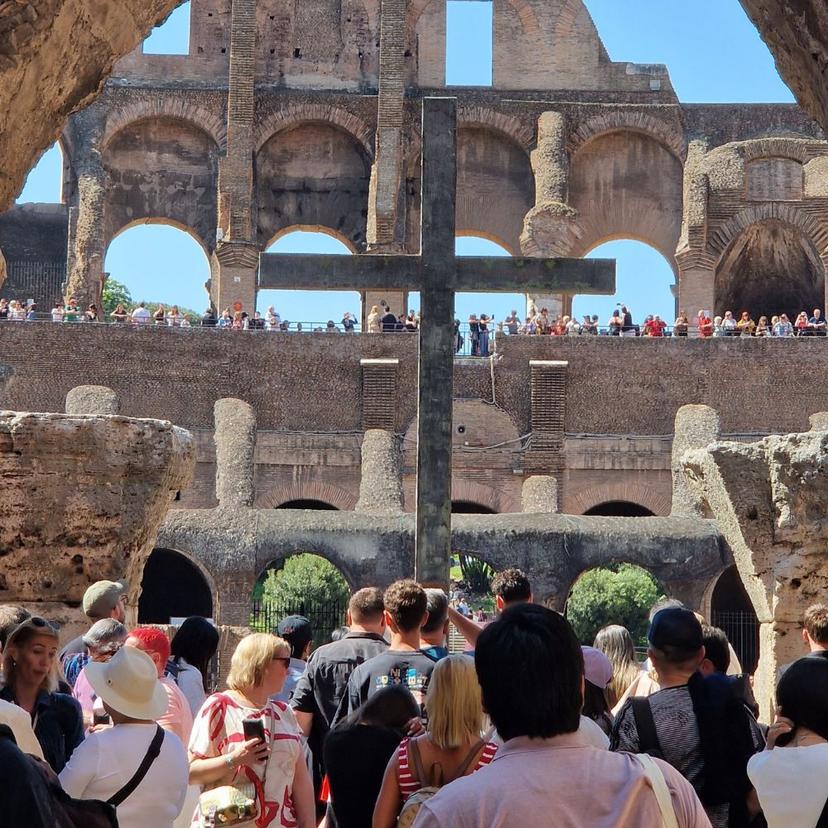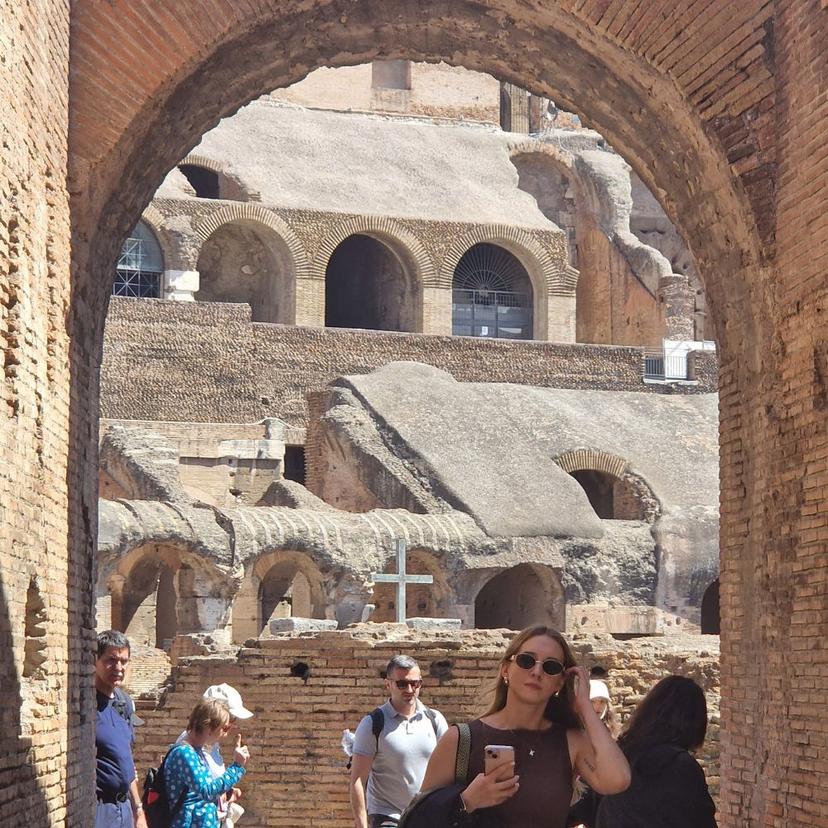Discover Rome and Italy with the best tours
Discover all tours
Vatican
Marvel at the Vatican’s treasure
Colosseum
Walks in the footsteps of Emperors and gladiators
Exciting, engaging and educational experiences
Private and small-group tours in Rome and Italy
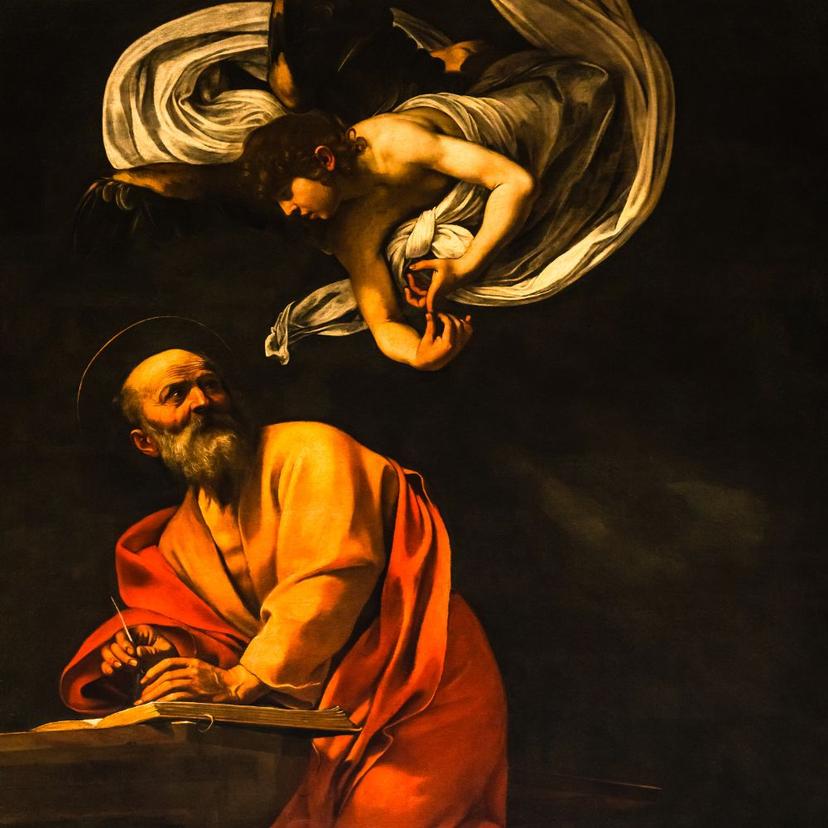
In the Footsteps of Caravaggio | Private
From € 612,00 for two people

Golf Cart Tour of Rome | Private
From € 660,00 for two people

La Dolce Vita Stroll | Private
From € 425,00 for two people

Doria Pamphilj Gallery Tour | Private
From € 450,00 for two people

Trastevere Food Stroll | Small Group
From € 119,00

Appian Way Bike Tour with Picnic | Private
From € 811,00 for two people

Early Morning Vatican, Sistine Chapel & St. Peter's Basilica - First Entrance | Private
From € 654,00 for two people

Treasure Hunt at the Vatican for Kids & Family | Private Tour
From € 544,00 for two people
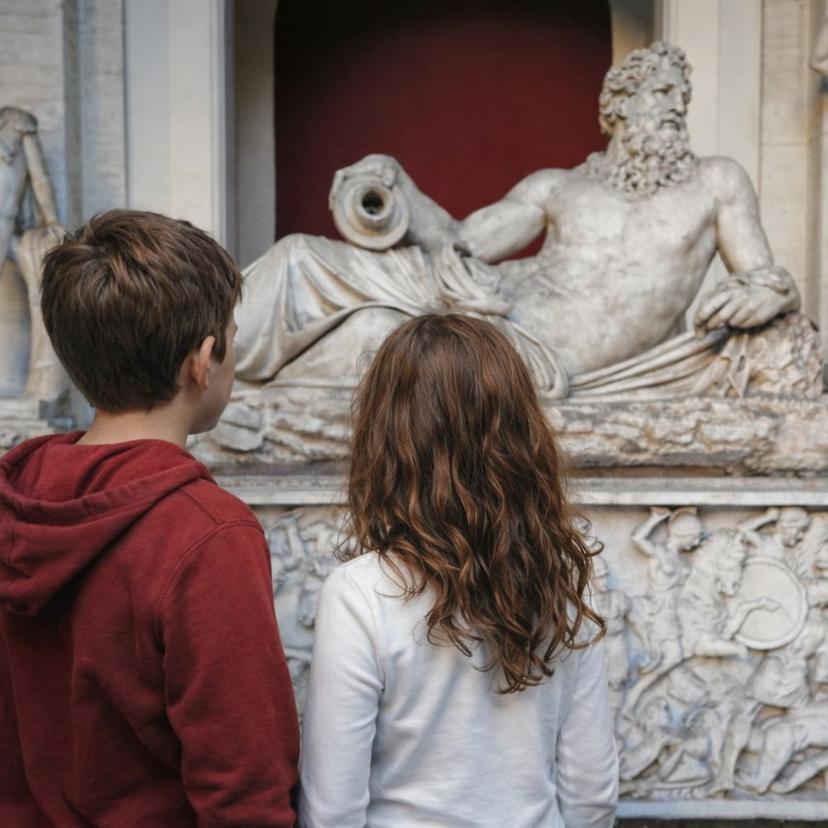
Vatican Tour for Kids and Castel Sant’Angelo | Private
Price on request

Vatican Tour by Night | Private
From € 516,00 for two people
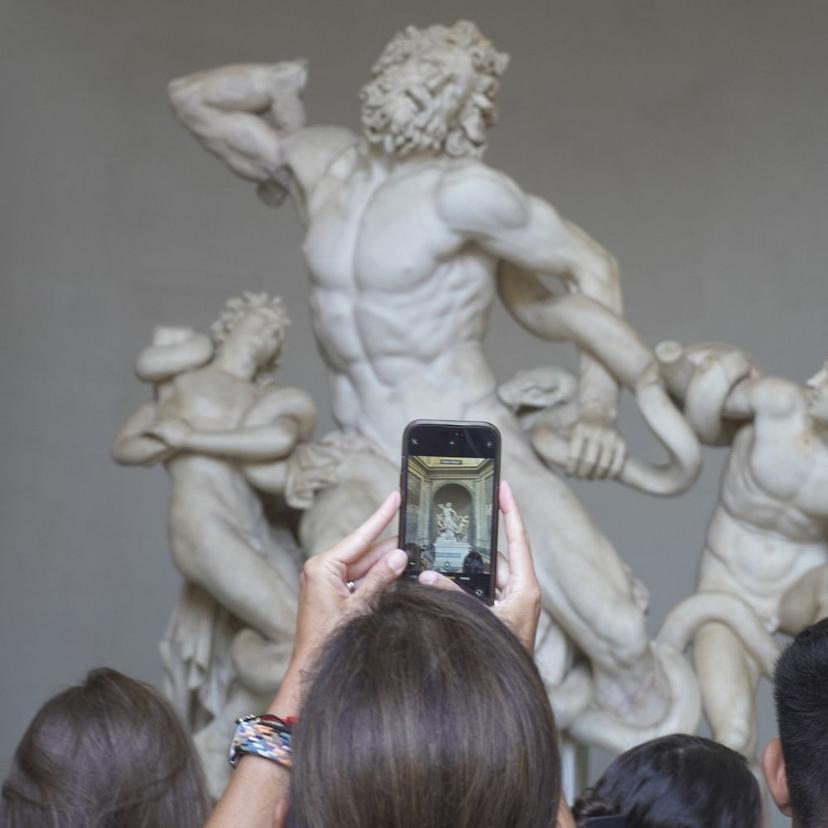
Early Morning Vatican & Sistine Chapel Tour with St.Peter's Basilica Access | Small Group
From € 175,00

Divine Day at the Pope's Summer Residence | Private
From € 1880,00 for two people
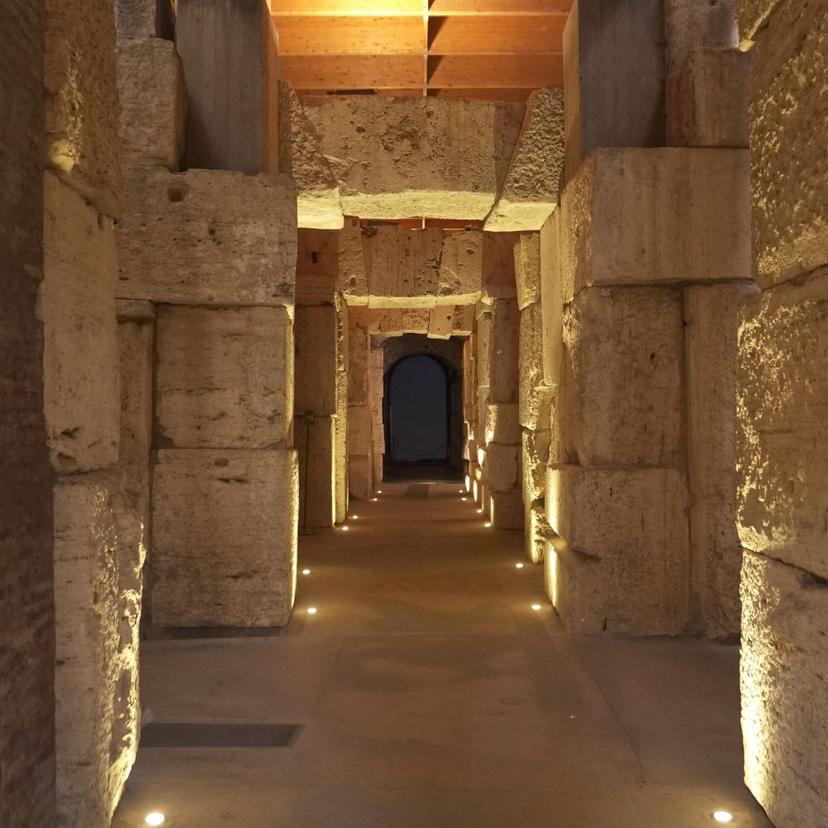
VIP Colosseum Underground & Ancient Rome Tour | Private
From € 705,00 for two people

Colosseum & Ancient Rome | Private
From € 467,00 for two people

Ancient Rome for Kids and Family: Emperors and Gladiators Tour | Private
From € 508,00 for two people

Colosseum & Ancient Rome Tour with Gladiator’s Gate | Small Group
From € 139,00

Express Arena Floor Colosseum Tour | Private
From € 458,00 for two people

Gelato & Italian Biscotti Masterclass | Private
From € 400,00 for two people

Hands-on Pasta Making & Tiramisù Class | Private
From € 590,00 for two people

Pizza Making and Gelato Class | Private
From € 590,00 for two people

Farmers’ Market Shopping with Roman Full Course Class | Shared
From € 165,00

Divine Day at the Pope's Summer Residence | Private
From € 1880,00 for two people

Treasure Hunt at the Vatican for Kids & Family | Private Tour
From € 544,00 for two people

Vatican Tour for Kids and Castel Sant’Angelo | Private
Price on request

Gladiator School for Kids & Family | Private
From € 855,00 for two people

Mosaic and Art Class for Family | Private
From € 410,00 for two people

Raiders of Rome: A Treasure Hunt in the Eternal City for Kids & Family | Private
From € 530,00 for two people

Orientation Tour of Florence with Uffizi Gallery | Private
From € 625,00 for two people

Orientation Tour of Florence with Accademia Gallery | Private
From € 587,00 for two people

Hidden Venice | Private
Price on request

The Jewels of Venice | Private
Price on request

Venice Grand Canal Boat Tour | Private
Price on request

Authentic Gondola Ride | Private
Price on request

Amalfi Coast Day Experience | Private
Price on request

Pompeii & Herculaneum | Private
Price on request

Path of the Gods | Private
Price on request

Pompeii and Mount Vesuvius w/lunch and wine tasting | Private
Price on request

The Golden & Dying Cities: Orvieto and Civita di Bagnoregio | Private
Price on request

Assisi and the Gentle Hills of Umbria | Private
From € 1565,00 for two people

Tarquinia tour | Private
Price on request

Full day in Pienza and Montepulciano | Private
From € 1950,00 for two people

Amalfi Coast with private driver | Private
Price on request
Beyond the crowds lies a city painted in genius. Walk in the footsteps of the great masters and uncover Rome’s most extraordinary artistic treasures with our specialist guides.
Our Tours in Rome
Reviews
Recommended By
Why Choose Us?

Personalized Tours
Discover Italy your own way through customized tours led by our exceptional Italian guides.

Family-Friendly
Spark your kids' imagination and take them on incredible journeys of discovery with our family-friendly tours.

Licensed Guides
Skip the line with our officially licensed Vatican tour guides and gain priority entry to the Holy See.

Culinary Immersion
Experience authentic Italian flavors on our food-and-wine tours and indulge yourself in real Italian style.
From our blog
Show all posts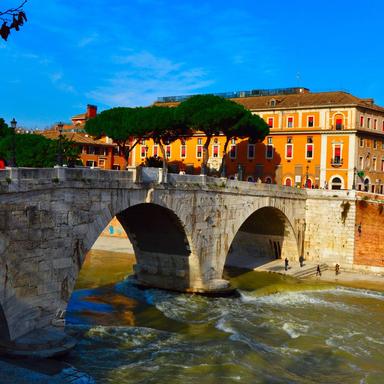
Best Neighborhoods to Stay in Rome: A Local Guide for Travelers
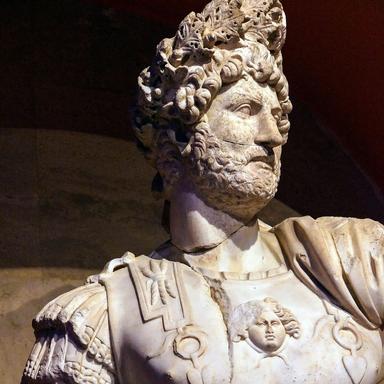
Roman History Timeline
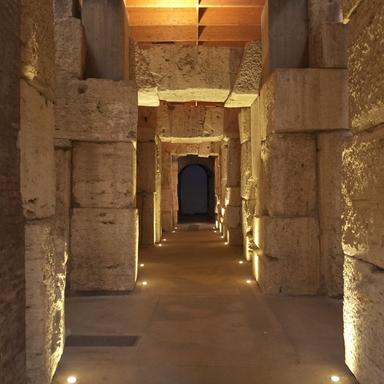
What Makes the Colosseum Underground Unforgettable

Rome Walking Tours: Explore the Eternal City on Foot with Expert Local Guides
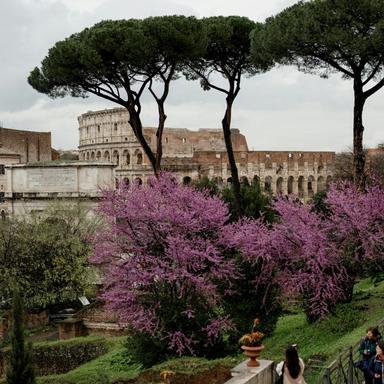
Rome in Spring Travel Guide
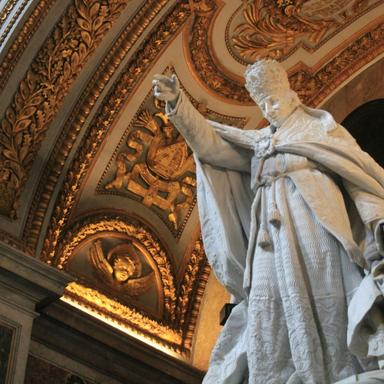
Best Museums in Rome

Rome Travel Tips for First Time Visitors

How We Plan a Vatican Visit for First-Timers
Family Owned, Personalized Tours

For more than 20 years, we have been offering both first-time visitors and seasoned explorers unforgettable experiences. Providing everything from full-day city tours to small-group and family-friendly itineraries and helping you unlock Italy’s rich history and culture with our expert, licensed, and native guides. We specialize in private and small group tours of no more than 8 participants, giving you a much more personalized experience at just the right pace. And with priority entrance to Rome’s most famous destinations—including the majestic Colosseum and resplendent Vatican City-you’ll have more time to nourish yourself with knowledge and lose yourself in wonder.

